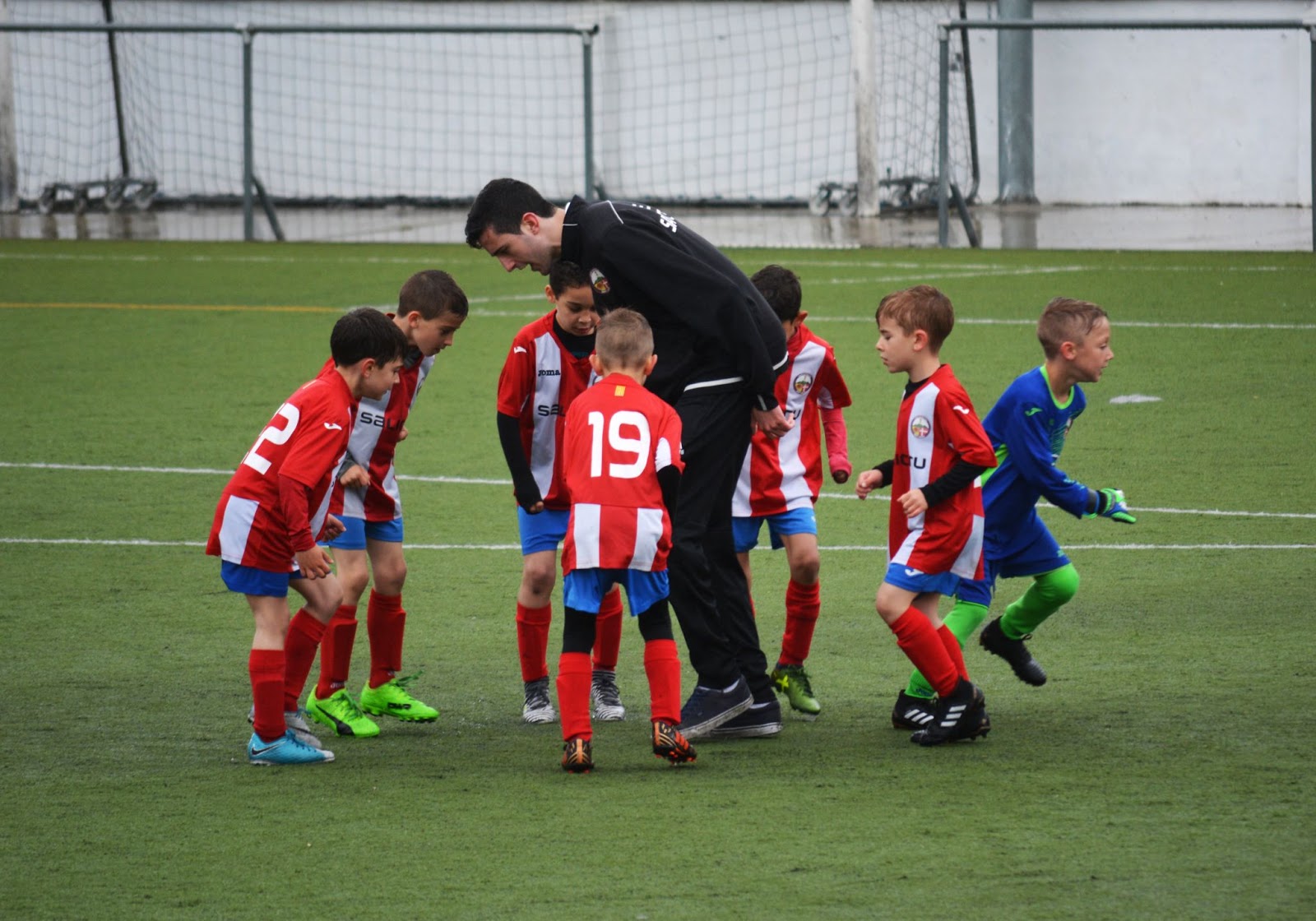
Homeschooling is a method of education in which students learn outside of the classroom under the supervision of their parents. By following all government requirements in that state or country, the family chooses what to learn and how to teach it.
Homeschooling is now a popular educational option to traditional public and private schools, as well as a valuable teaching approach in and of itself.
Homeschooling in America
The origins of the modern homeschooling movement can be traced back to American history. Most children were homeschooled until roughly 150 years ago when the first required education laws were enacted.
Private tutors were recruited by the wealthier families. Parents may also teach their children through books like McGuffey Reader or by enrolling them in a ladies’ school, where small groups of children were taught to be neighbors in exchange for home tasks. President John Adams, author Louisa May Alcott, and inventor Thomas Edison are all famous homeschooling historians.
Homeschooling parents now have access to a wide range of study programs, distant learning programs, like do my homework service at WriteAnyPapers.com, and other educational tools. Child-centered learning, often known as school rejection, is a philosophy popularized by education specialist John Holt in the 1960s.
Who is homeschooling suitable for?
Before deciding whether to leave your children to study in a family or send them to school, it is necessary to understand how both options will affect them. So first, let’s determine what type of students they belong to.
When evaluating your own child, be honest and objective. You will be the only one who knows what kind of person they are. And you just need this conditional assessment to figure out whether a particular type of education, such as school or homeschooling, is effective. Conventionally, each of the children can be categorized as one of three types.
Type #1 – “convenient smart kid”

They learn easily and with pleasure, get excellent grades. They do not need daily supervision and attention. It is more likely to drag them down, holding back their desire to learn new things. They read a lot, grasp new things quickly, and do not need to be instructed.
Recommendations. If your son or daughter belongs to this type – don’t doubt, they will cope with any form of learning. School, with all its shortcomings, will not take away their desire to learn or make their thinking standard.
Homeschooling, on the other hand, will bring out their full potential, if only because of the individual approach.
Type #2 – “smart, but lazy”

There may be variations here. The reasons for laziness can be different. For example, a child is engaged in sports. This activity fascinates them so much that they save energy on their homework.
Sometimes the reason for laziness is a personal attitude. Suppose your son thinks that math is good for him in life, but literature and history are not, so he sabotages them. By conviction, so to speak. Or the subjects are learned from the teachers you love but sabotaged by those you don’t. As they call it, they can, but they don’t want to.
Recommendations. Look for strong motivation in your child if you want him or her to succeed in school. In a public school, this is more difficult to achieve. You won’t be able to physically attend all of the lessons and learn how to stimulate your kids’ interest in them.
Especially if the sabotage is the result of the teacher’s personality and attitude toward the subject he teaches.
At homeschooling, you can choose a kind teacher who is in love with his subject for a “smart but lazy” child. He himself will find strong motivation. In the end, great results are in his own interests.
Type #3 – “there are not enough stars from the sky”

The child himself does not meet the school requirements, the teacher, at best, considers him not the smartest, and the parents at home have to help him with all the tasks, be it math, writing, or reading. This is what this type of student usually looks like.
Grades of “good” are a rare gift rather than the norm. It is unfair to say that a child is stupid and slow. More often he lacks information processing skills: he reads slowly, takes a long time to “digest” the material, and in general does not cope with school workloads.
If you send such a child to a regular school, in a few months he will get the strongest demotivation to study and will develop an inferiority complex. Because every day he will feel that he falls short of most of his peers. Especially if they are of the first type.
Recommendations. Do you want your child to be successful, confident, and educated when they grow up? If they fall into the third category, they will require the teacher’s undivided attention. It doesn’t matter how you manage it: send them to a private school with few students, or leave them at home with a nice, patient tutor.
How the type of student affects the organization of learning
Let’s compare how different children behave in the home and school education.
Type #1. There will be no problems with children at homeschooling, they themself will easily figure out complex topics. And after minimal training, your intervention will only be required as a last resort. Such a child is able to read a textbook on his own, find additional information in encyclopedias, and then google answers to all questions he does not understand.
You will be reminded of the fact that your child is mastering the school curriculum only during, or even after, examinations. If you have chosen the option of part-time education with attendance of part of the lessons, the homeschooled child will surprise teachers with much more profound knowledge than the excellent students in the class.
Type #2. Motivation is important for them. If the teacher can arouse a lively interest in the child, he or she will become as unproblematic as in the first variant quite quickly. Equally effective is a personal relationship with the tutor.
For a Type #2 child, the teacher’s personality is much more important than the schedule, pace of work, and the number of homework assignments. With the right mentor, they will handle a heavier workload than usual and master difficult topics.
Type #3. A sense of security, absence of deadlines, and negative comparisons with peers are extremely important to such a child. If in the first two cases healthy competition will motivate, in the third case it will develop an inferiority complex.
After each “C”, he’ll get the idea that he’s stupider than his classmates and will never be like them. You will do everything to convince him otherwise, but the school will do its evil work day after day.
However, unique talents are most frequently hidden in children of the third type. And someone should take the time and have the patience to open them up and develop them in the future, rather than trying to fit them into the existing educational system. You don’t have to drag him into the middle peasant by his ears.
A Type #3 student, more than anyone else, needs an attentive, kind, and patient mentor.
I don’t think you, as a parent, need any tests to know what type your child is. You know their strengths and weaknesses. And now you also understand what public school is like for them and what homeschooling has to offer. The decision is yours.

